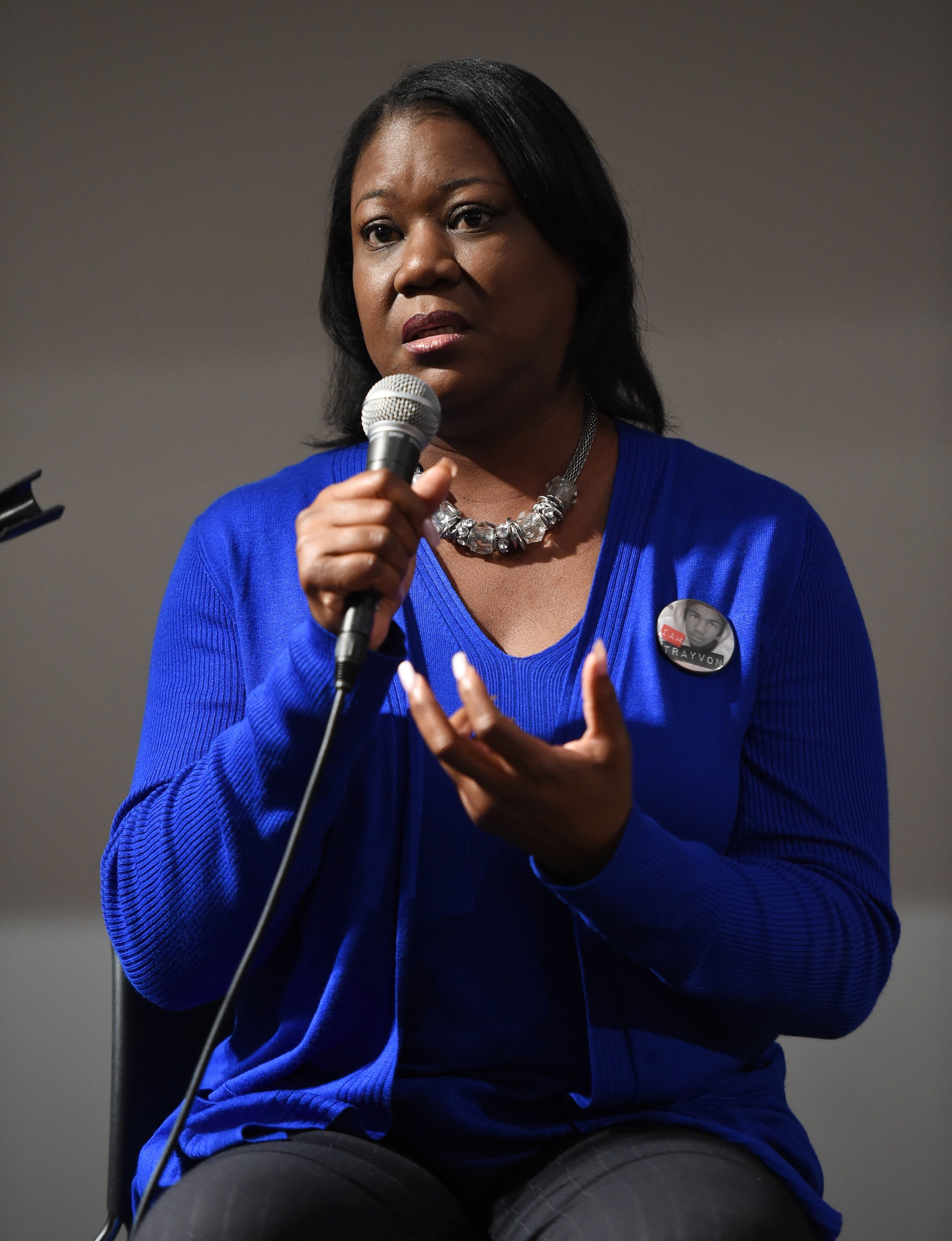
As the 2016 election draws near, leaders of civil rights organizations are thinking about how to move the conversation generated through the black lives matter movement into more intense civic engagement.
“I say protest and push for policy change,” Melanie Campbell, president and CEO of the National Coalition on Black Civic Participation, told TIME. “In order to make change happen that we have to get out the vote.”
Campbell was one of many leaders on hand at the 2015 Essence Festival in New Orleans during the Fourth of July weekend, where many of the more than 150 speakers used the platform to issue calls to action to members of the black community.
During an address on Friday, Sybrina Fulton, mother of the late Trayvon Martin, challenged the gathered crowd to get out to vote and join nonprofit organizations that champion causes they support. All of the guests on a panel Saturday, including Nicole Paultre Bell, wife of Sean Bell, and Van Jones, called civic engagement an obvious next step for activists who’ve taken to the streets to have their voices heard. Deepak Chopra, who opened Saturday’s Empowerment Series, called on the black community to ask a series of questions—chief among them, “How can I serve?”
“People don’t think black folks are going to turn out because President Obama is no longer on the ticket, but we were voting long before that,” Campbell said. “My job is to make sure our voices are challenging anyone running for office.”
The audience at the weekend event, though—largely female, with ages ranging from old enough to have marched with Dr. Martin Luther King Jr. and young enough to have only lived at a time when there’s a black president—represents a potent voting block when its members turn out. In 2012, the increase in black voter turnout—which surpassed the white vote for the first time since 1996—was due to the swaths of black women who hit the polls. Voter turnout among young black voters, however, was down in 2012.
The black lives matter movement has made a real impact in driving the national conversation around race—as was apparent in the general theme of the weekend’s events—but the challenge going forward, said National Urban League President Marc Morial, is translating the grassroots momentum apparent on the ground into action that can impact the upcoming election.
“The advent of organic social media organizing is a new technique that’s creating an opportunity for a new generation to get its voice heard, but that doesn’t replace traditional work,” Morial said. “Movements don’t exist without changes, without an end goal of changes in public policy.”
Morial said his organization has invited 2016 presidential candidates including Hillary Clinton, Martin O’Malley, Jeb Bush and Ben Carson to an upcoming conference the organization is hosting in Tampa.
“What we’re trying to do is advance the conversation early around these issues—economic opportunity, criminal justice reform, schools and education—where do you stand? What are your points of view?” he said.
The March on Washington: Power to the People
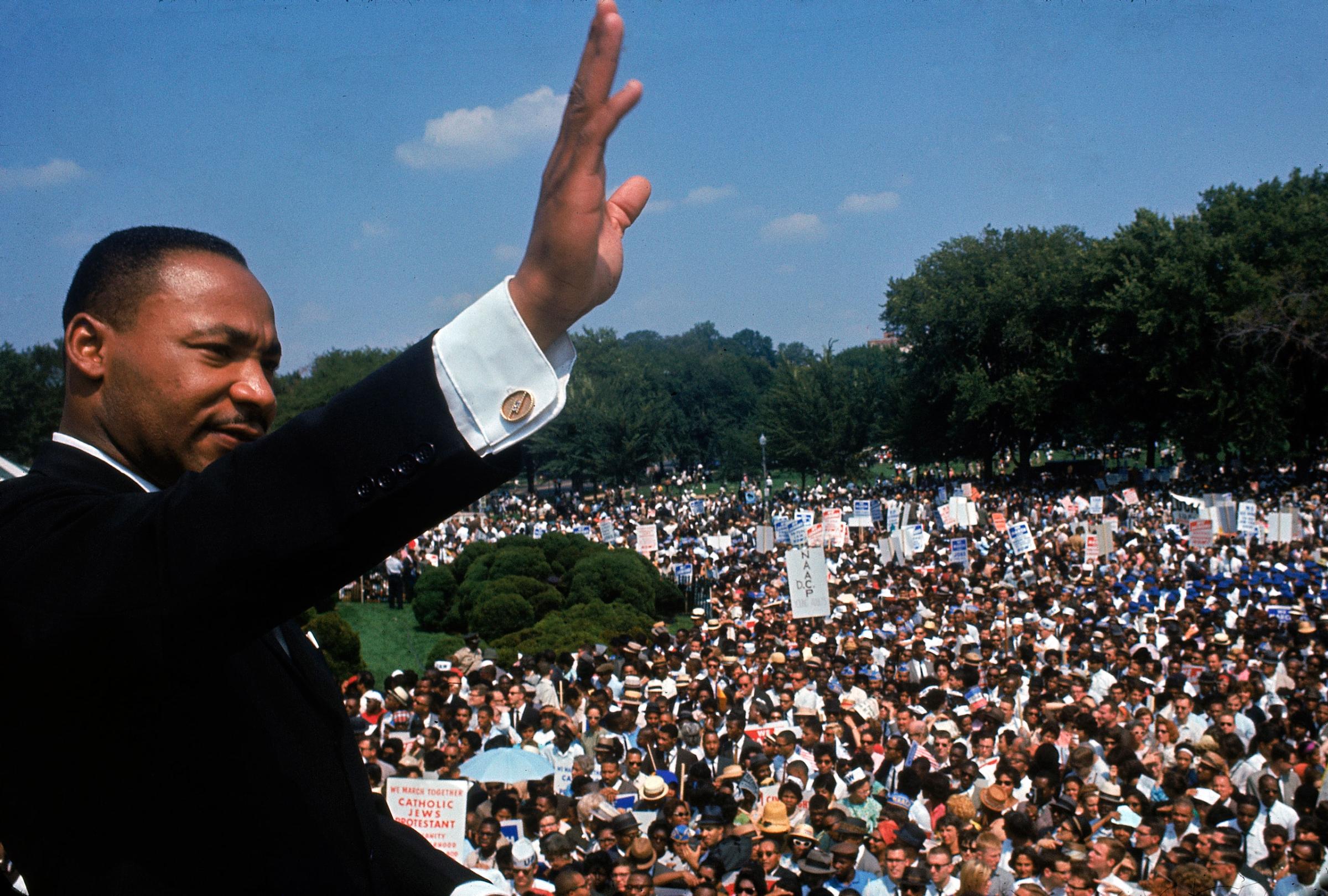
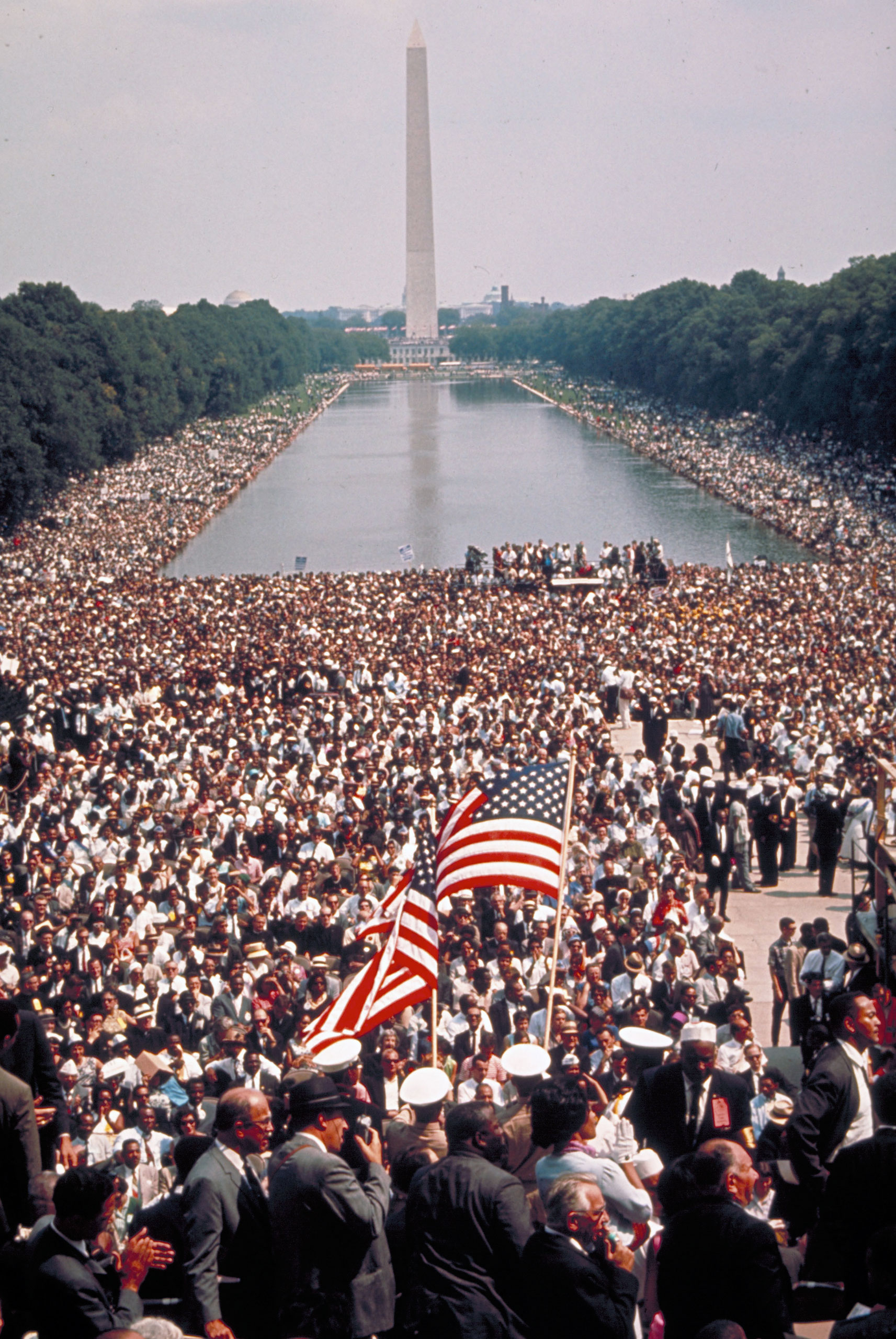
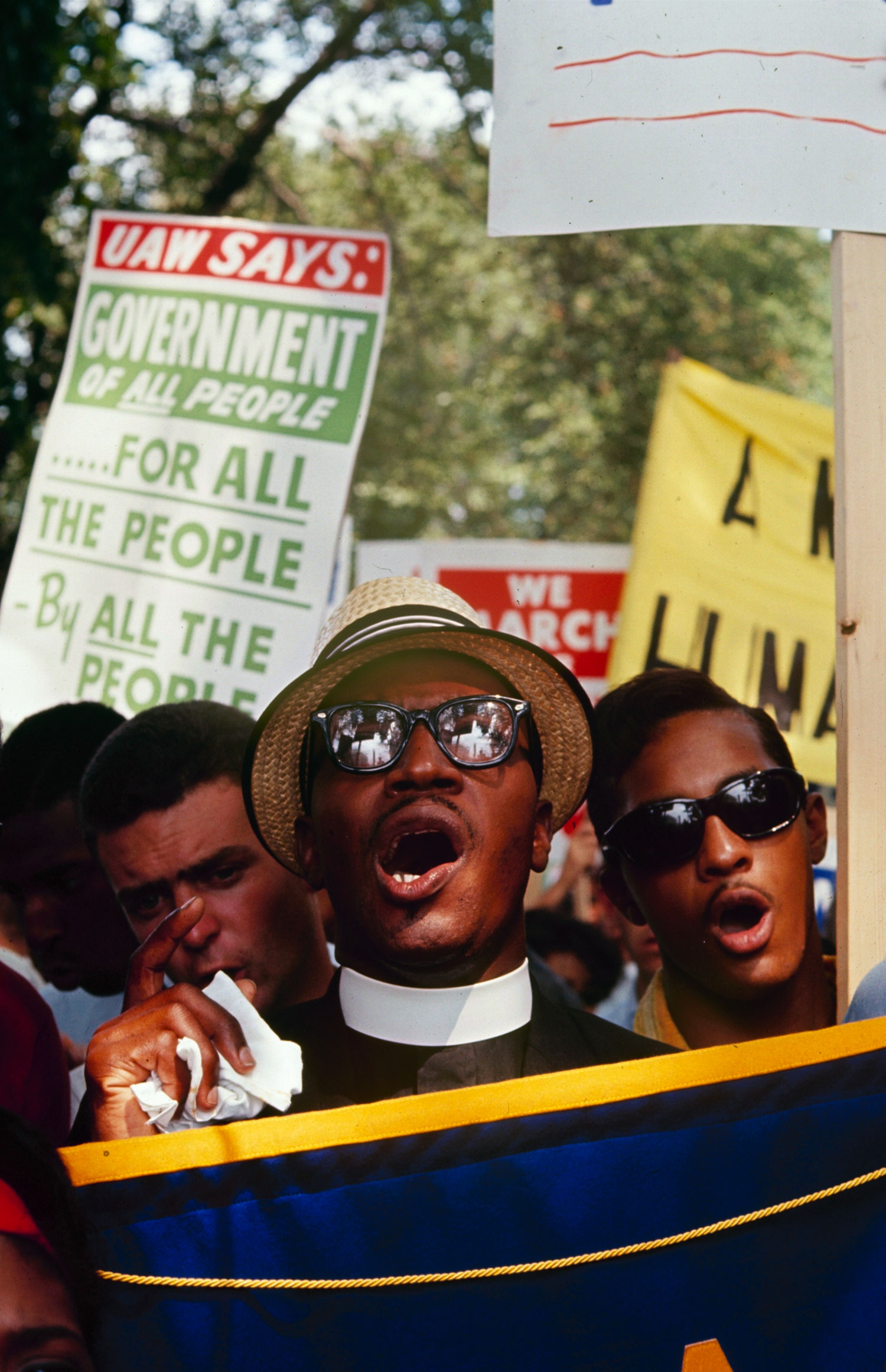
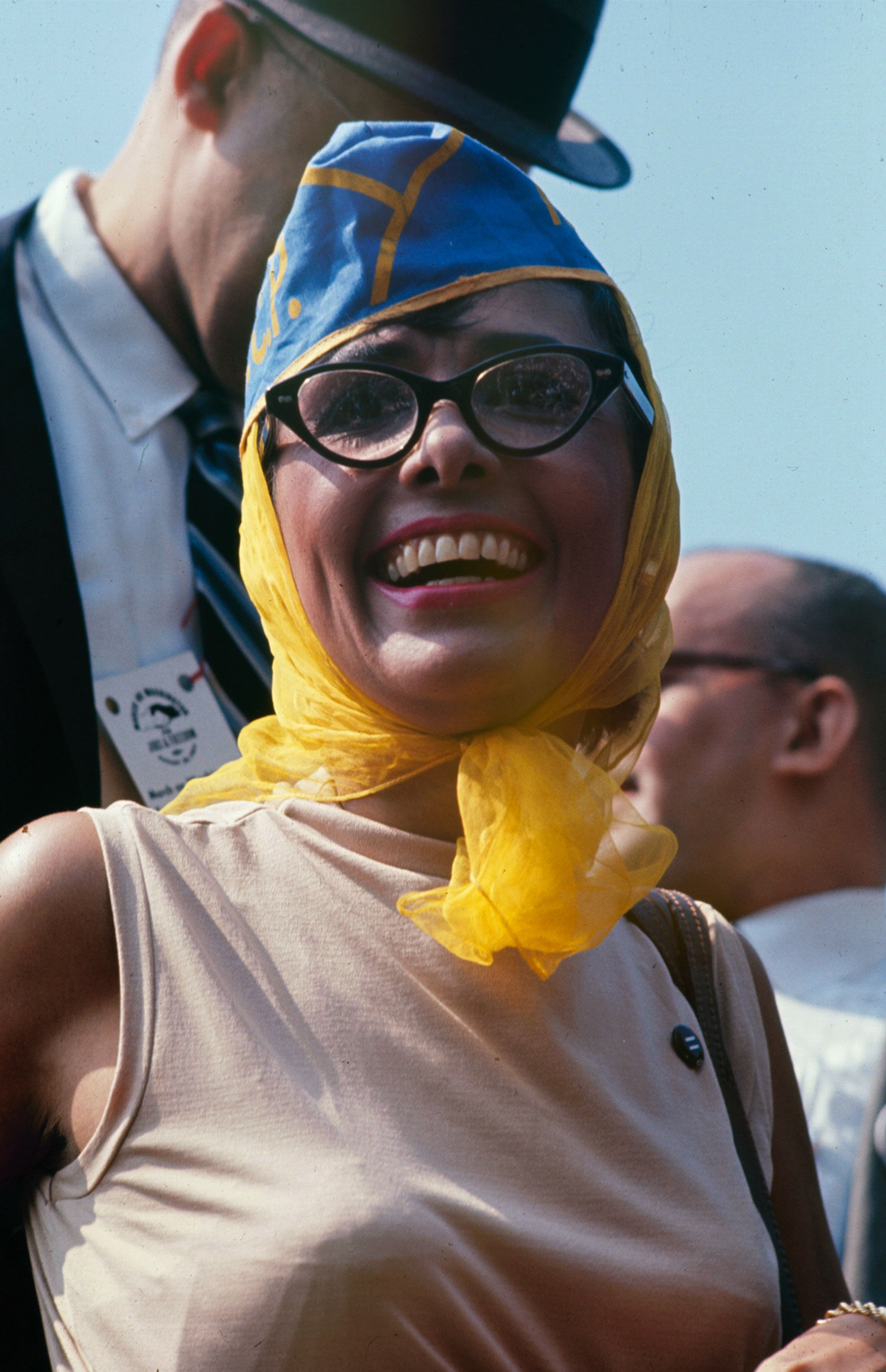
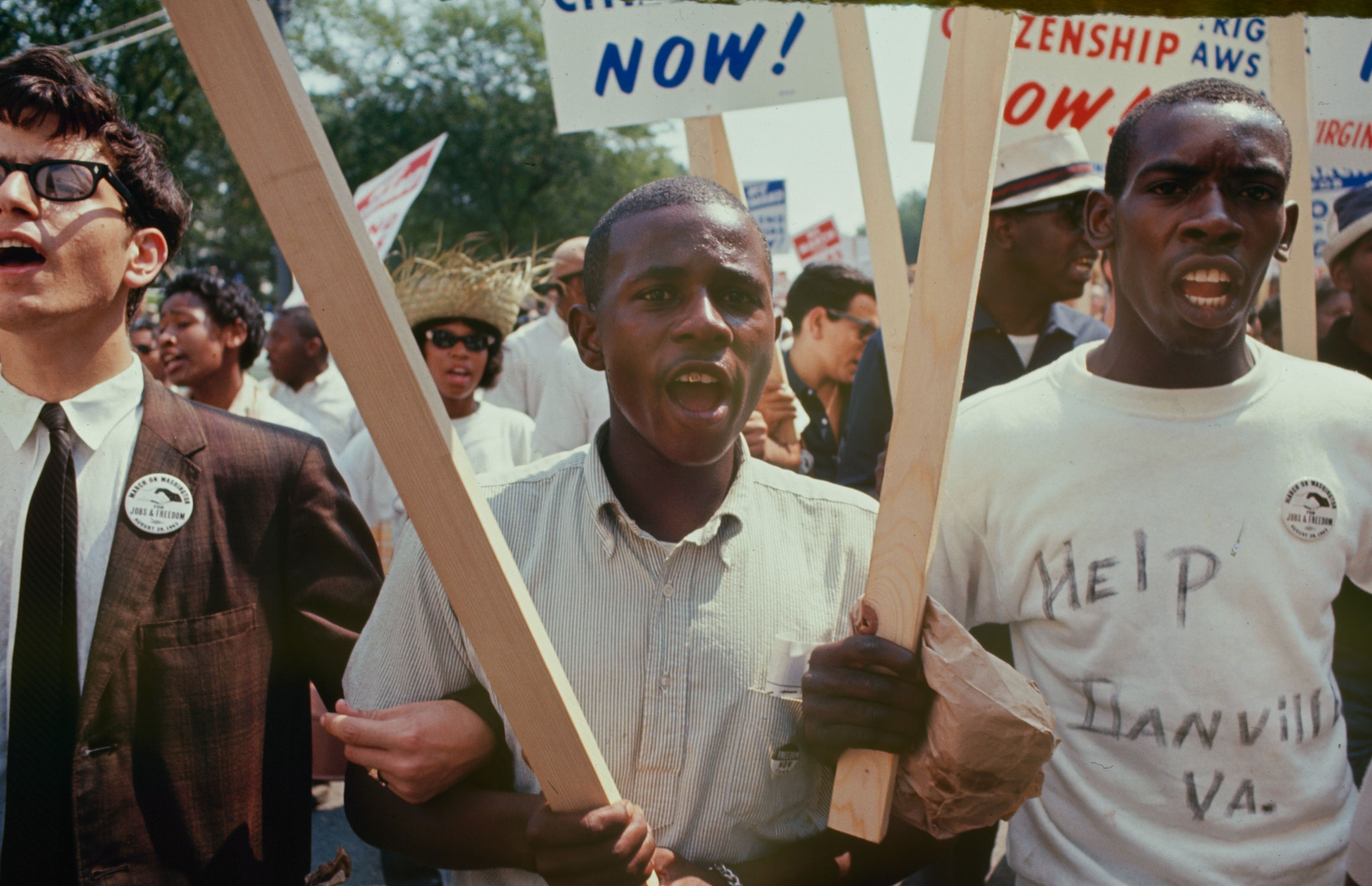
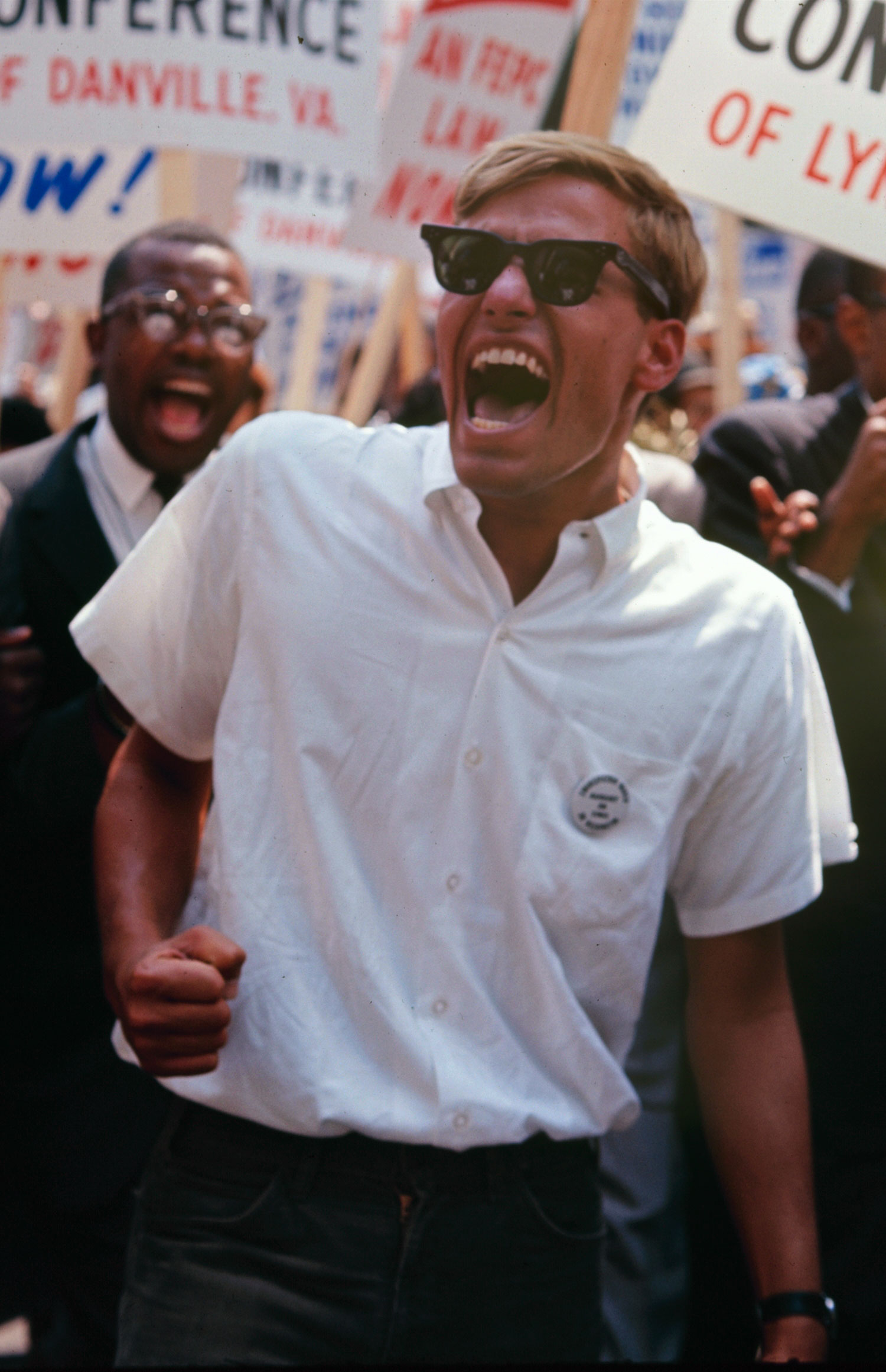
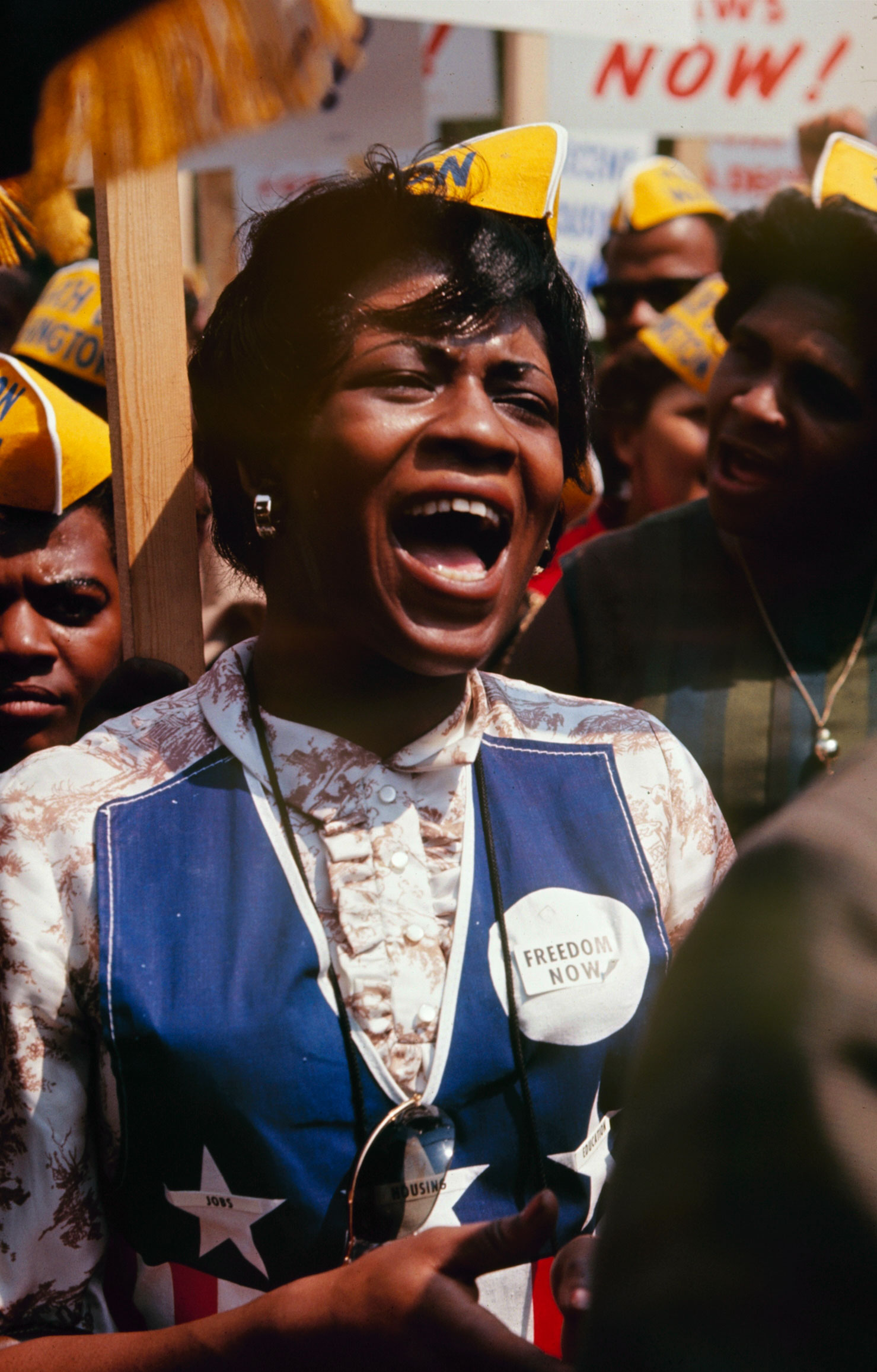
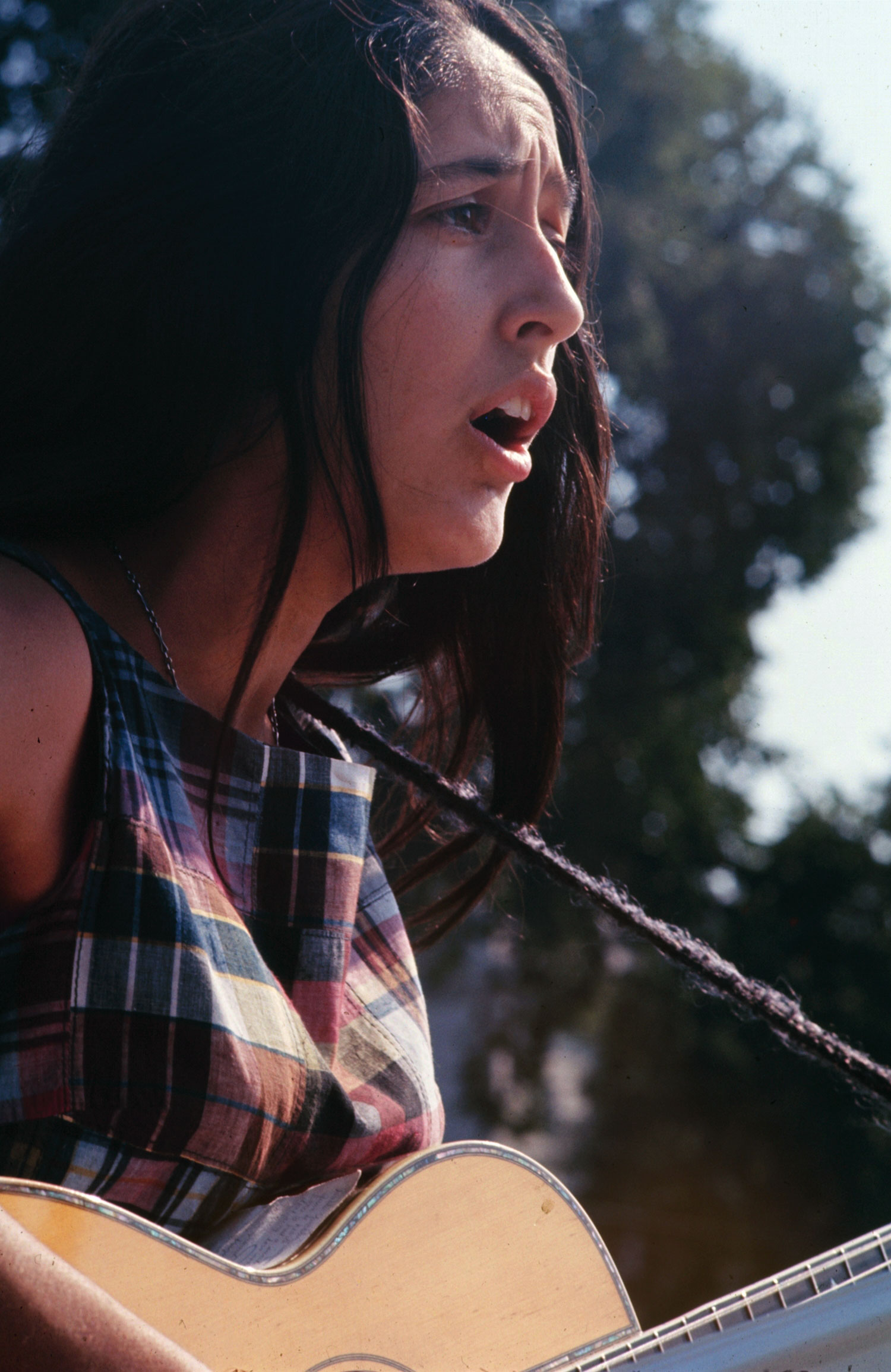
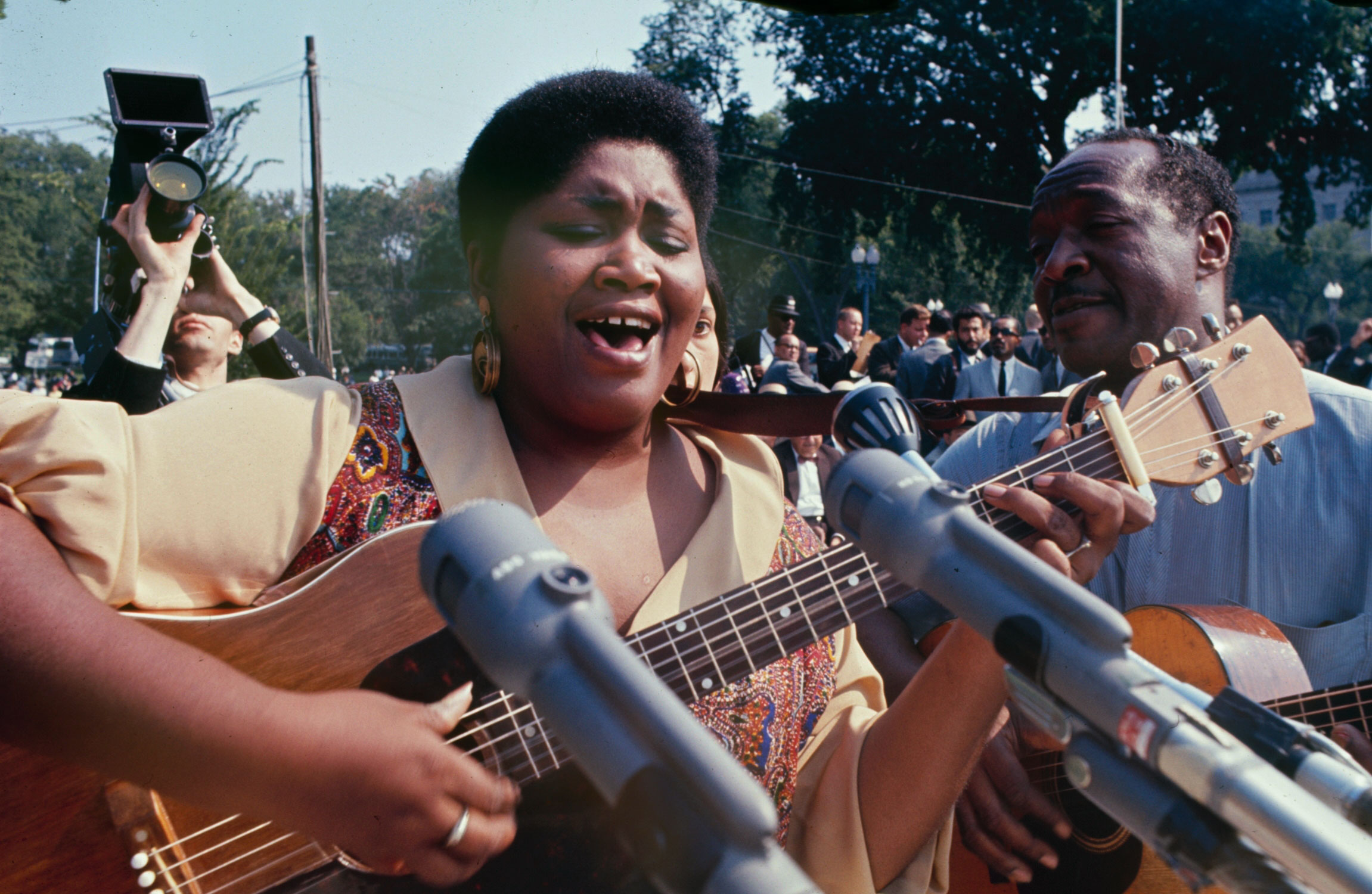
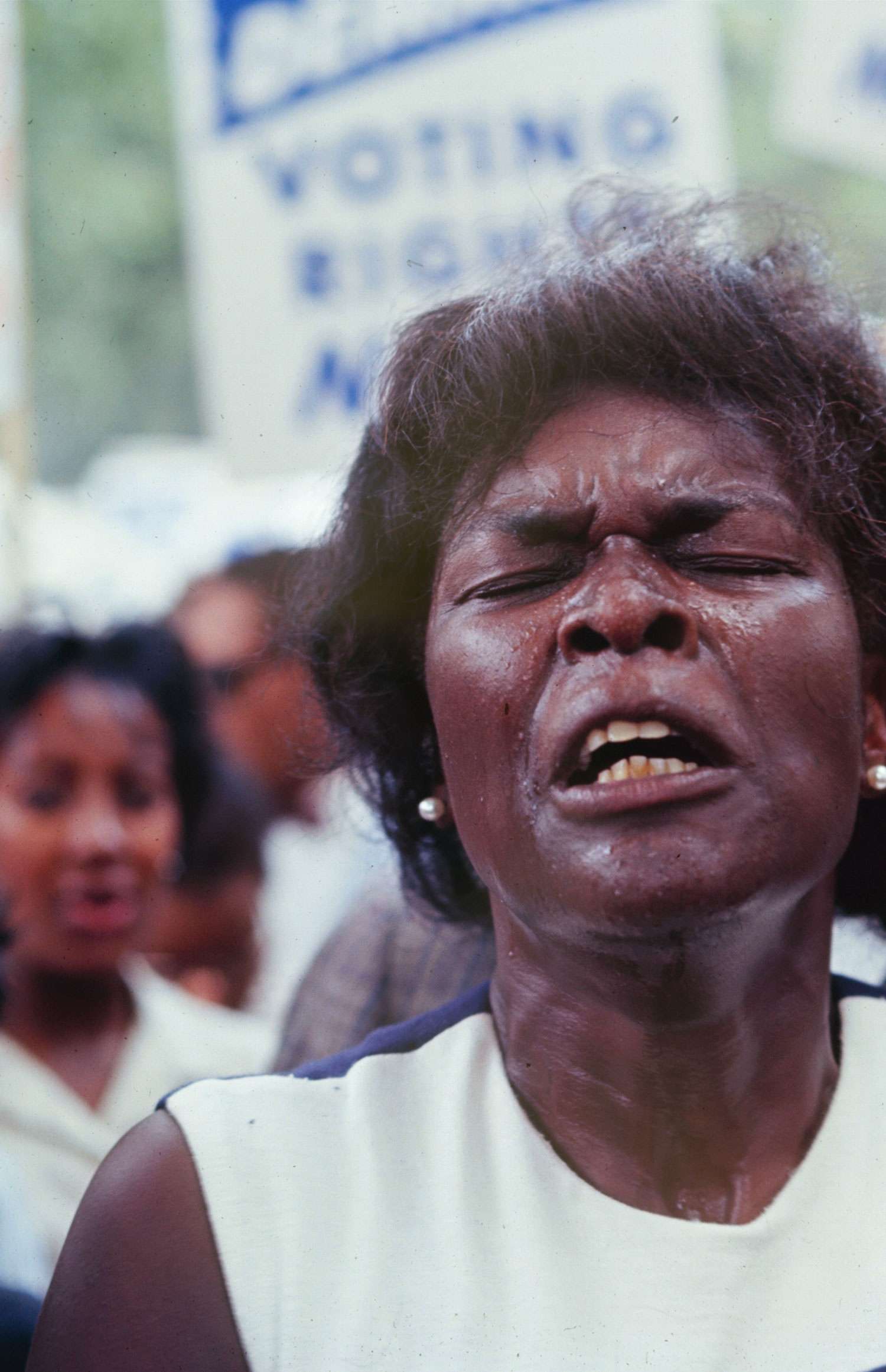
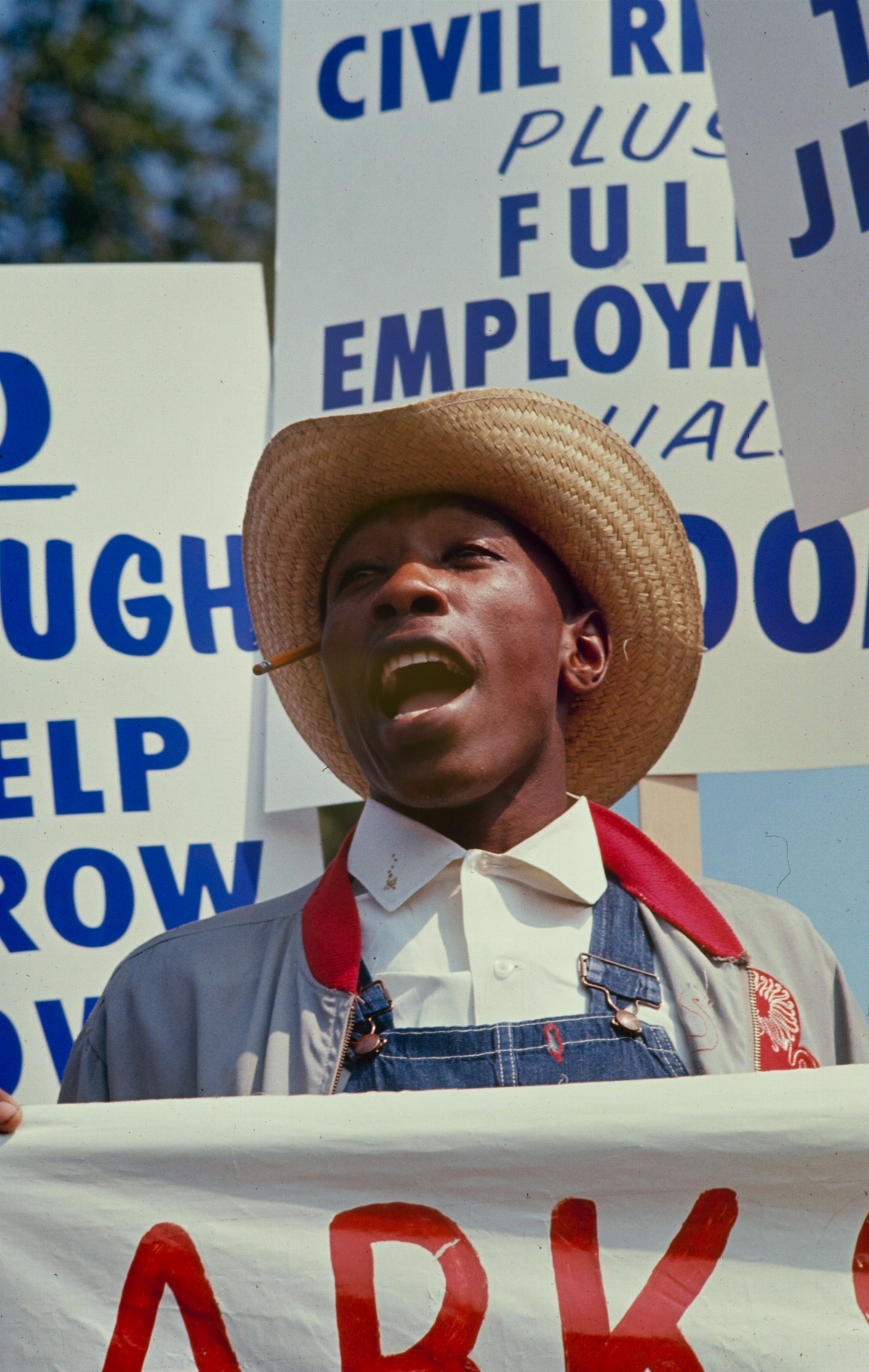
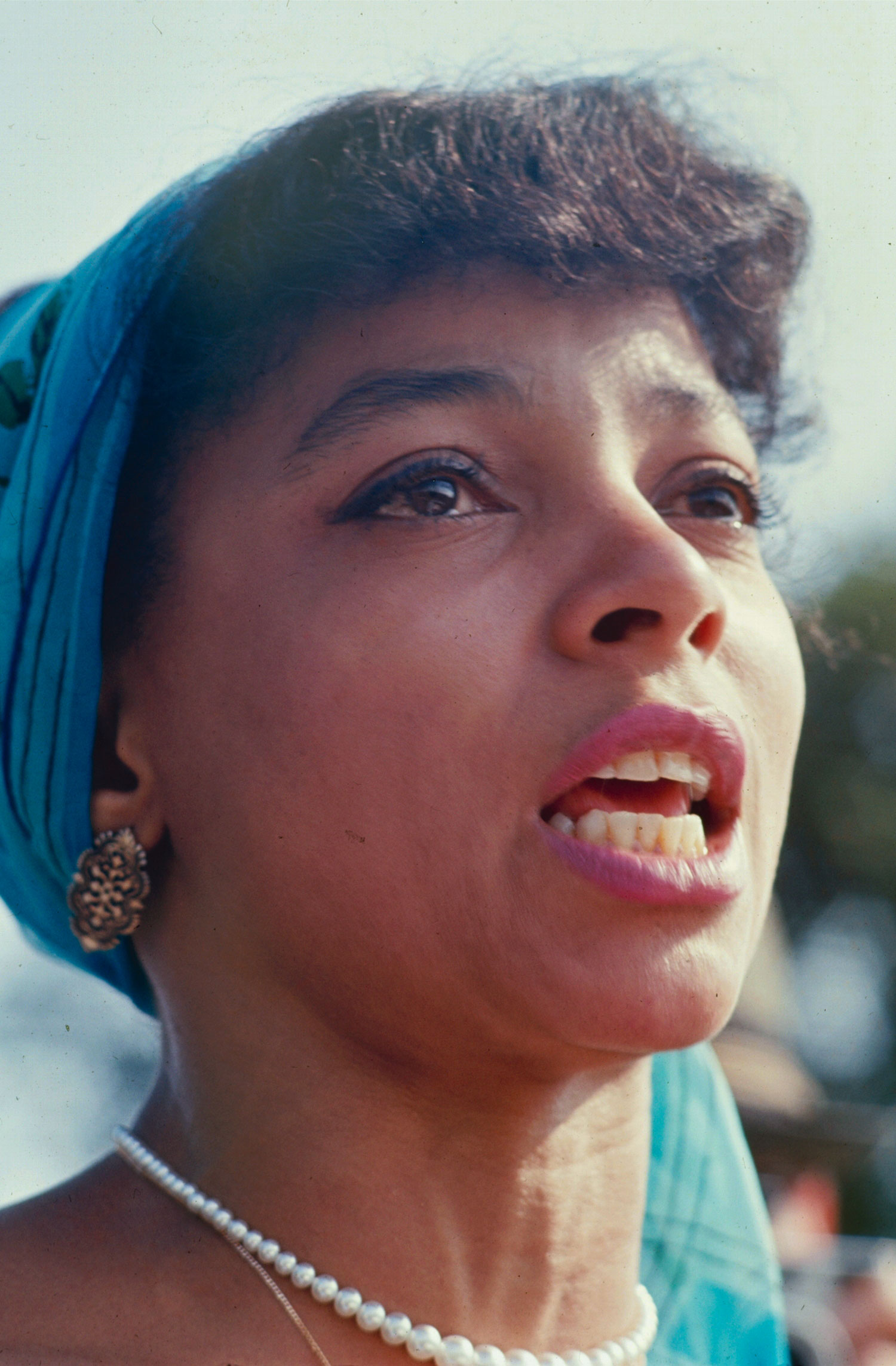
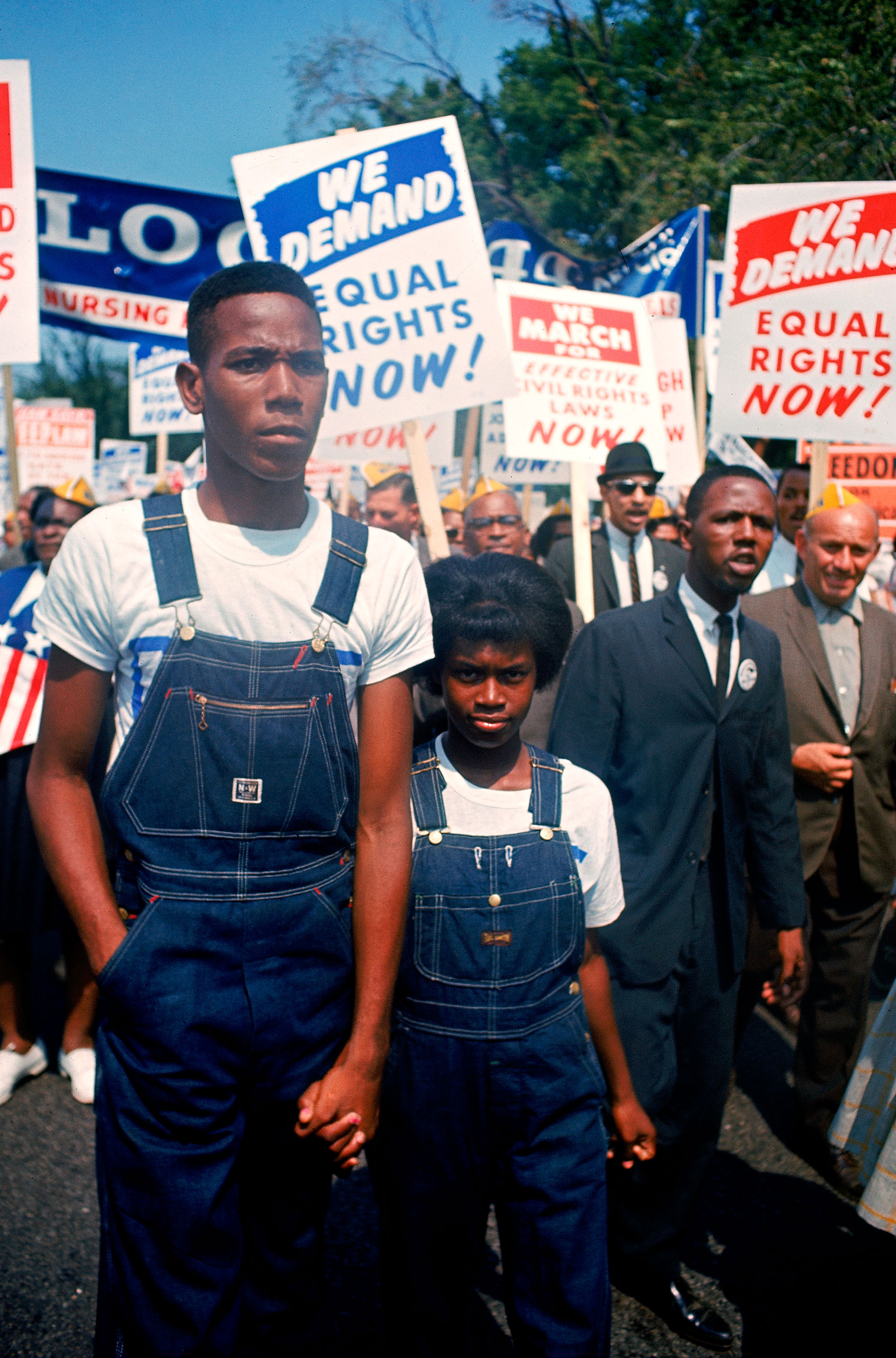
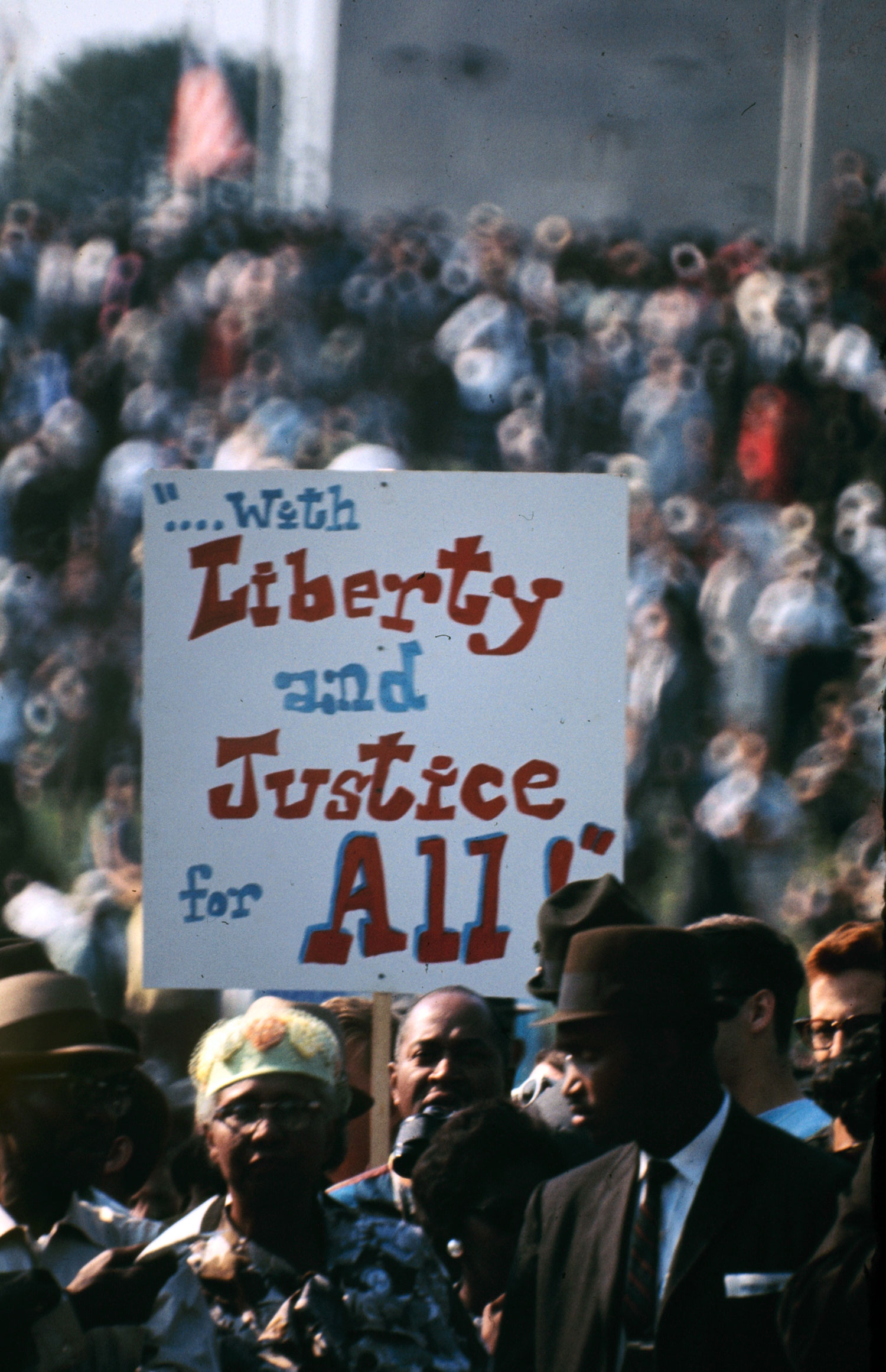
More Must-Reads from TIME
- Donald Trump Is TIME's 2024 Person of the Year
- Why We Chose Trump as Person of the Year
- Is Intermittent Fasting Good or Bad for You?
- The 100 Must-Read Books of 2024
- The 20 Best Christmas TV Episodes
- Column: If Optimism Feels Ridiculous Now, Try Hope
- The Future of Climate Action Is Trade Policy
- Merle Bombardieri Is Helping People Make the Baby Decision
Contact us at letters@time.com